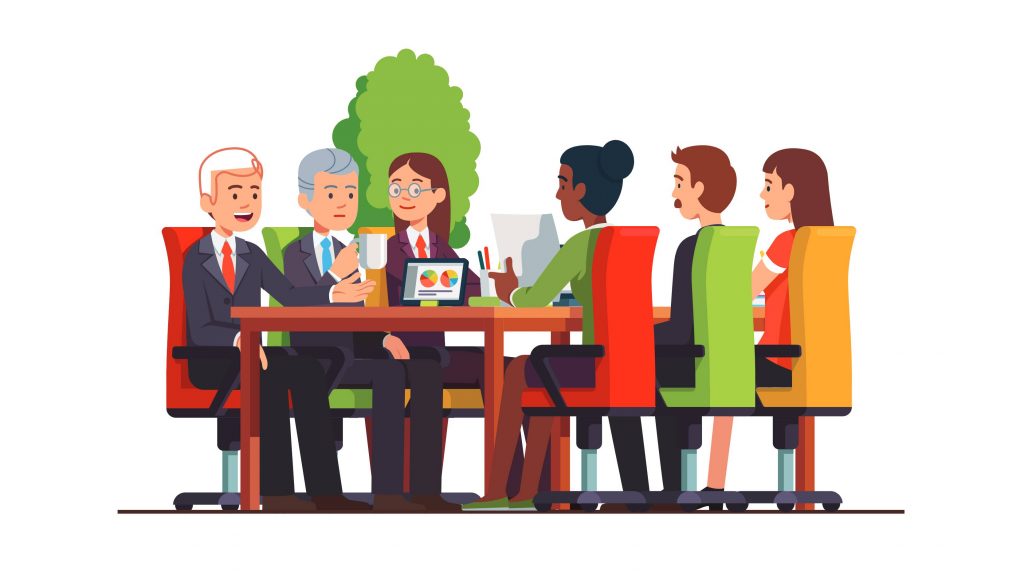Divorce Mediations – Why You Should Really Mediate

Deciding to go through a divorce does not always mean that you will have to “fight” in court against your spouse. In recent years, it is reported that almost seven out of ten divorce cases are settled during mediation without the need for contested hearings.
Pursuant to section 50(3A) of the Women’s Charter, mediation is compulsory for parties who have at least one child who is below 21 years old. They will have to attend mediation and counselling, as ordered by the court after they have filed their relevant divorce papers.

What is mediation and why parties mediate
Mediation is an alternative dispute resolution process where a neutral third party (either a Judge-Mediator or an Accredited Mediator) will assist the divorcing parties to work through their issues (grounds for divorce and/or ancillary matters) as amicably as possible. A mediator will help parties to focus on the issues being disputed, create an effective and productive platform for parties to communicate, and to help them (along with their lawyers if they are legally represented) to explore mutually acceptable options and solutions.
The benefits of attending a mediation cannot be overstated. Contested trials and hearings can become protracted and time-consuming. Parties will have to continue paying legal fees and costs to prepare and file their further pleadings, affidavits and the other relevant documents for hearing(s). The process and journey to a contested hearing can also be mentally draining and emotionally taxing on them, and their children.
Furthermore, parties generally have a greater control over the outcome of the mediation, as compared to contested hearings. In our experience, consent orders (orders which are recorded during mediation) are generally more likely to be complied by parties than litigated orders. Accordingly, parties do not have to be further embroiled in subsequent court proceedings such as variation of court orders and/or enforcement proceedings.

Role of your family lawyers during mediation
It is important for parties to have experienced family lawyers to guide them during the preparation for their mediation sessions, and to help advance their positions during the mediation. The lawyers will also assist parties to explain to them the current standings on the law related to their issues in dispute, and to explore long-lasting and more sustainable solutions that will be fair and equitable for all parties involved.
When and why mediation may fail sometimes
There are anecdotal cases where parties shared that mediation have not assisted them to achieve more lasting solutions to their disputes. In such cases, our view is that depending on the facts of the case, perhaps it is not so much that the mediation mechanism is not useful or incapable of creating more lasting orders for parties. Rather, it is how the users (divorcing parties) and the stakeholders (mediators, lawyers, counsellors etc) come together to properly utilise the platform to encourage a meaningful communication between parties, and to flesh out the relevant and pertinent information related to the dispute.
Furthermore, some parties may settle for the sake of settling because they do not wish to continue the acrimony between parties and they want to move on from this ordeal as soon as possible. While their intentions are not to be criticised, it is important for parties to also ensure that they have the “correct” attitude when they come to the bargaining table. This means that they should work closely with their lawyers to mediate in good faith. Coming to mediation sessions with an open mind and with a willingness to allow some leeway and compromise does go a long way in making sure that your mediation sessions will be fruitful and productive.
Needless to say, we also recognise the fact that there are those cases where mediation does not help for a variety of reasons, for example, if both parties simply do not wish to budge from their original positions, or if one party does not care to participate in the mediation with an open mind to mediate. At times, some lawyers may also establish that prolonging the mediation process may not be beneficial to their clients and they might be able to better protect their clients’ interests during a hearing.
Whatever it may be, it is most certainly important for clients to speak to their lawyers to explore their matters in-depth and to be availed of the feasibility of their options.
For assistance on Child Focus Resolution Centre (CFRC Mediation) and other Family Law matters, please contact Singapore Divorce Law firm Yeolaw at 62203400 or send Advice Request Form for your expert Divorce Lawyers advice.

